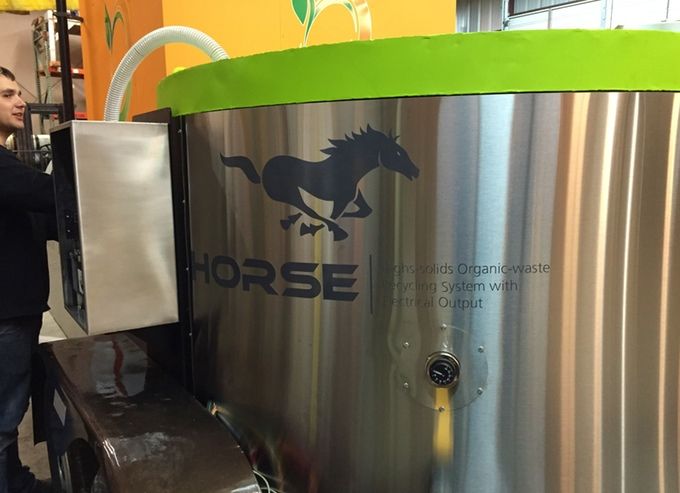Many people in the Northwest separate out their table scraps, wilted leaves and old fruit, carting them off eventually to a compost bin or joining their grass clippings and pruning remains in the green waste bin. In the City of Seattle, food waste is required to be separated from garbage.
But most of our actions still revolve around a simple concept: Collect your household waste, sit it on the curb, and somebody will come and pick it up. Businesses do the same thing, just on a larger scale. We have applied industrial-age logic to waste: create a production line that starts at a home or business, automate as many of the tasks as possible, and coordinate through centrally managed processes and destinations.
This centralized approach to waste collection is labor and energy intensive, and it doesn’t give back much.
